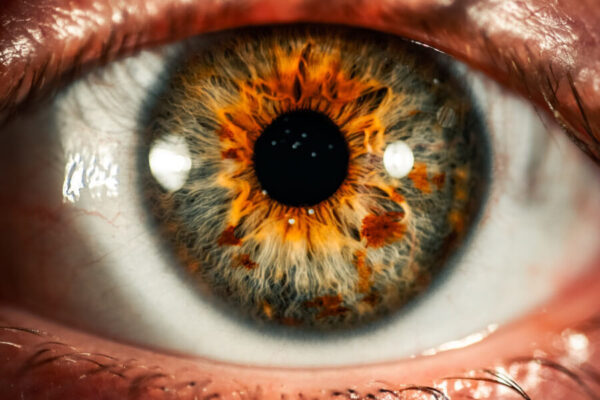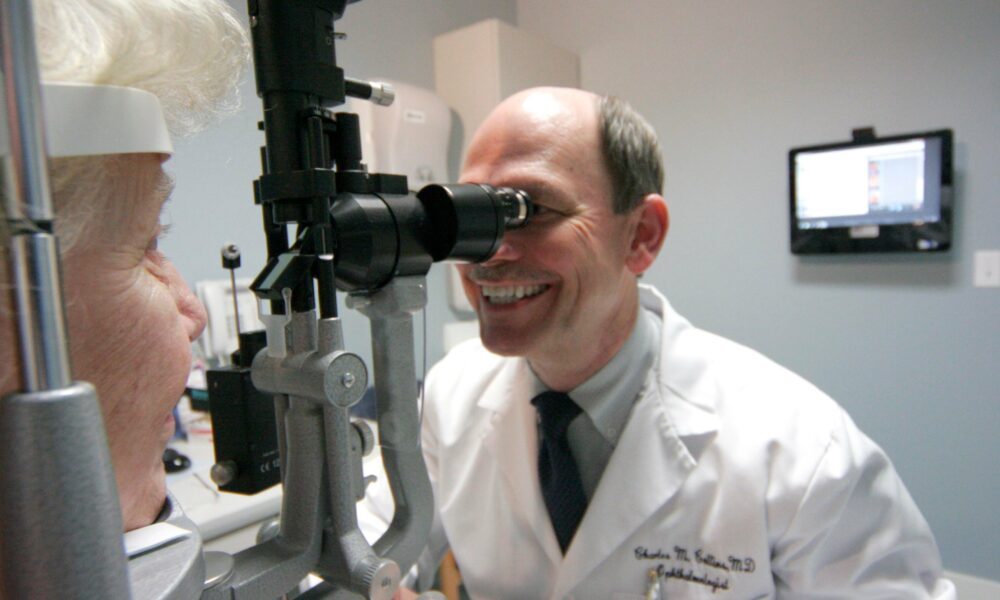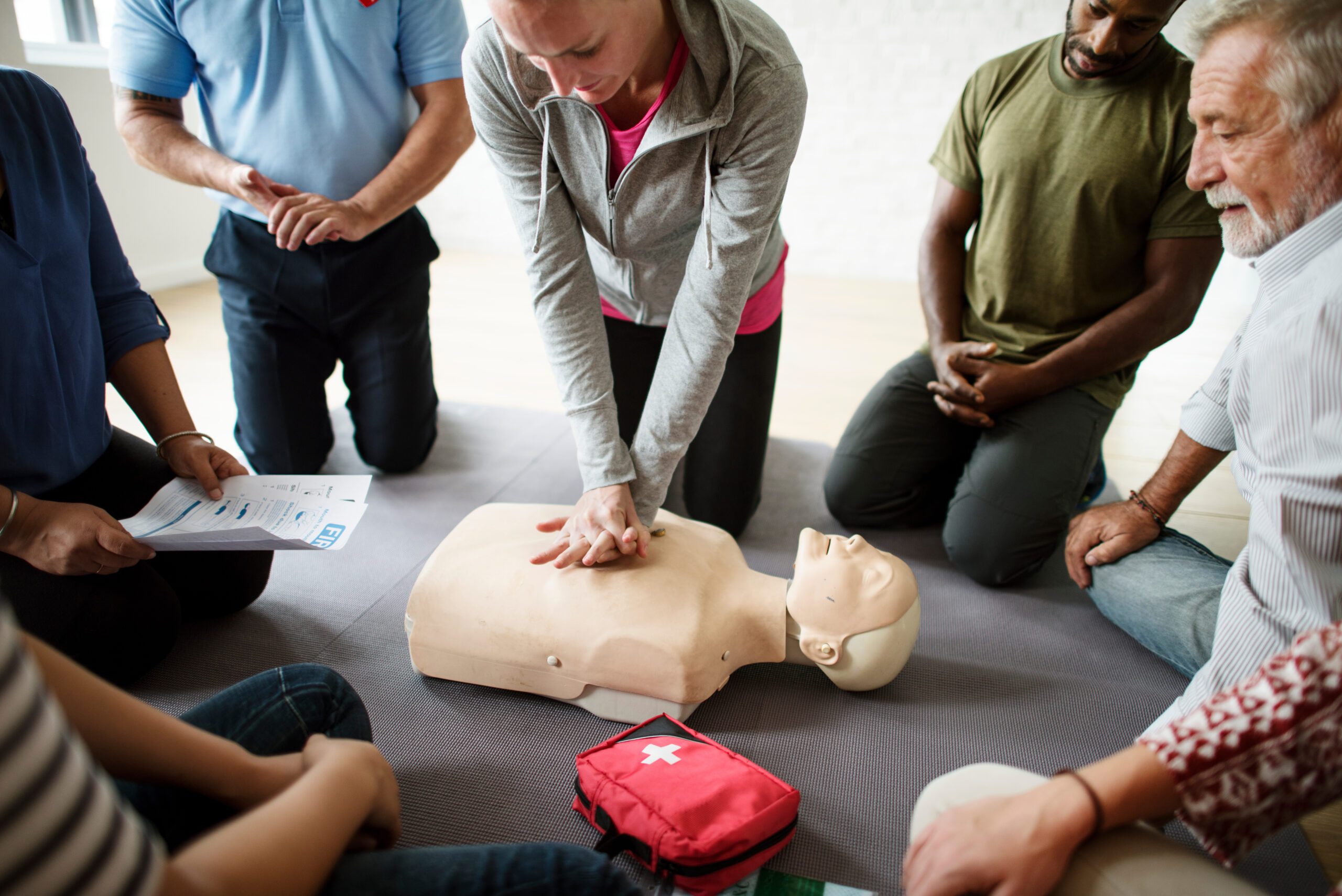Age-Related Macular Degeneration (AMD) can be daunting. It’s one of the leading causes of vision loss in older adults. Optometrists play a key role in tackling this challenge. They are on the front lines, helping patients maintain their eyesight. From detecting early signs to suggesting effective treatments, their expertise is vital. For those dealing with conditions like long beach dry eyes, regular eye check-ups can make a big difference. Early detection and management can help slow the progression of AMD. It’s a battle, but with the right care, it’s one we can fight.
Understanding AMD
AMD affects the macula, the part of the eye responsible for clear vision. There are two types: dry and wet. Dry AMD is more common and progresses more slowly. Wet AMD is less common but can lead to faster vision loss. Identifying the type is crucial for deciding the right approach to care.
The Role of Optometrists
Optometrists are essential in the early detection of AMD. They use tools like retinal imaging and visual acuity tests. These help spot changes in the eyes before symptoms appear. Regular visits can lead to early diagnosis, a crucial step in managing AMD effectively.
Preventive Measures
Optometrists often advise on lifestyle changes to slow AMD progression. Here are three key steps:
- Maintain a balanced diet rich in leafy greens and fish.
- Avoid smoking, as it increases the risk of AMD.
- Protect eyes from UV light with sunglasses.

Treatment Options
While AMD cannot be cured, treatments can help manage it. For dry AMD, optometrists may recommend dietary supplements. These can include vitamins C, E, zinc, and copper. For wet AMD, treatments like anti-VEGF injections may be necessary. These help reduce the growth of abnormal blood vessels.
Comparing Dry and Wet AMD
| Type | Prevalence | Progression | Treatment |
| Dry AMD | More common | Slower | Diet, supplements |
| Wet AMD | Less common | Faster | Injections, laser therapy |
The Importance of Regular Check-Ups
Consistent eye exams are crucial for AMD management. Early signs might not always be noticeable. Regular check-ups help track any changes and adjust treatment plans as needed. The National Eye Institute offers resources on the importance of eye health. Learn more about it here.
Living with AMD
Living with AMD requires adjustments, but support is available. Low-vision aids, like magnifiers and large-print books, help maintain independence. Joining support groups can also provide emotional backing and shared experiences.
Conclusion
Optometrists are allies in the fight against AMD. Through early detection and ongoing care, they help preserve vision. By following their advice and keeping up with regular eye exams, managing AMD becomes more effective. The journey may be challenging, but with the right support, it is manageable.





